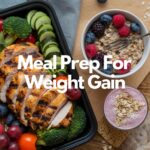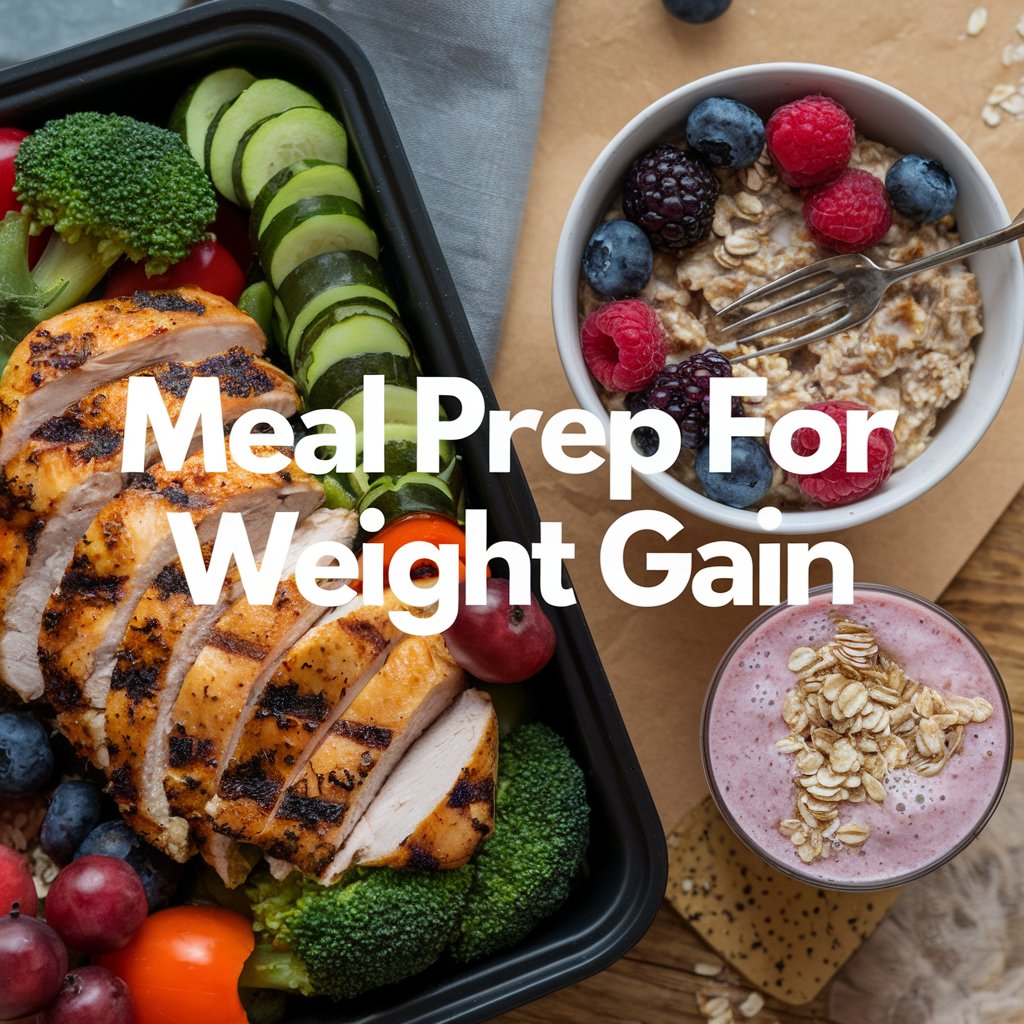How To Weight Loss Tips

Losing weight doesn’t have to be complicated. With the right strategies, consistency, and dedication, you can achieve your weight loss goals. This article will guide you through effective weight loss tips that focus on natural, sustainable methods to help you lose weight and live a healthier life.
What is the easiest way to lose weight naturally?
The easiest way to lose weight naturally involves combining healthy eating habits with regular physical activity. It’s important to focus on consuming whole foods, avoiding processed foods, and ensuring you’re creating a calorie deficit. By making these changes and being consistent, weight loss becomes more achievable.
Add Protein to Your Diet
Protein plays a key role in weight loss. It increases satiety, helping you feel fuller for longer and reducing your overall calorie intake. Foods rich in protein also help in building lean muscle mass, which boosts metabolism.
Examples of protein-rich foods Eggs, chicken breast, fish, beans, tofu.
Prioritize Whole, Single-Ingredient Foods
Eating whole, single-ingredient foods like fruits, vegetables, lean meats, and whole grains provides essential nutrients without unnecessary added sugars or unhealthy fats. These foods are also rich in fiber, which aids digestion and promotes a feeling of fullness.
Limit Processed Foods
Processed foods often contain high levels of sugar, unhealthy fats, and artificial additives that contribute to weight gain. Reducing your intake of processed foods is essential for maintaining a healthy weight and improving overall well-being.
Stock Up on Nutritious Foods and Snacks
Having healthy snacks on hand, such as nuts, fruits, and Greek yogurt, helps curb cravings and ensures you don’t reach for unhealthy options. Preparing meals ahead of time also allows you to make healthier choices throughout the day.
How to Lose Weight Fast in 3 Simple Steps
- Reduce Your Caloric Intake: Create a calorie deficit by eating fewer calories than you burn. Focus on portion control and eating nutrient-dense foods.
- Increase Physical Activity: Regular exercise, like walking, running, or strength training, helps burn calories and boosts metabolism.
- Stay Consistent: Consistency is key. Make gradual changes to your diet and exercise routine that you can maintain in the long term.
Limit Your Intake of Added Sugar
Added sugar is one of the major contributors to weight gain. Reducing or eliminating added sugar from your diet can help prevent excess calorie consumption and improve your overall health.
Drink Water
Drinking plenty of water helps in maintaining hydration and promoting weight loss. Water also aids digestion, supports metabolism, and helps curb hunger, reducing the chances of overeating.
Drink (Unsweetened) Coffee
Coffee, when consumed without sugar or cream, can help increase metabolism and provide an energy boost. Additionally, coffee contains antioxidants, which contribute to overall health.
Supplement with Glucomannan
Glucomannan is a natural, plant-based fiber that expands in your stomach, helping you feel fuller and reducing your calorie intake. This supplement can be an effective addition to your weight loss regimen.
Limit Liquid Calories
Liquid calories, found in sugary drinks, sodas, and alcohol, can quickly add up and contribute to weight gain. Stick to water, herbal teas, and black coffee to limit your calorie intake.
Limit Your Intake of Refined Carbs
Refined carbs, like white bread and pasta, cause blood sugar spikes and can lead to increased fat storage. Switch to whole grains, such as brown rice, quinoa, and oats, to support weight loss.
Fast Intermittently
Intermittent fasting, which involves cycling between periods of eating and fasting, has been shown to help with weight loss and improve metabolic health. It can help you consume fewer calories and support fat loss.
Drink (Unsweetened) Green Tea
Green tea contains catechins, antioxidants that can boost fat-burning and help with weight loss. Drinking green tea regularly can be a great addition to your weight loss plan.
—
Eat More Fruits and Vegetables
Fruits and vegetables are low in calories but high in fiber, vitamins, and minerals. They promote fullness, aid digestion, and support overall health, making them an essential part of any weight loss plan.
Count Calories Once in a While
Tracking your calories occasionally can help you understand your eating habits and make adjustments as needed. It’s not about obsessing over every calorie, but about being aware of portion sizes and caloric intake.
Use Smaller Plates
Using smaller plates helps control portions and prevent overeating. It tricks the brain into thinking you’re eating more, while actually consuming fewer calories.
Try a Low-Carb Diet
A low-carb diet reduces insulin levels and encourages the body to burn fat for energy instead of relying on carbs. This can lead to significant weight loss, especially in the initial phases.
Eat More Slowly
Eating slowly allows your body to signal to your brain when you’re full, helping to avoid overeating. Take your time to chew your food thoroughly and savor every bite.
Add Eggs to Your Diet
Eggs are nutrient-dense and high in protein, which helps you feel full and satisfied. They are also versatile and can be included in various meals throughout the day.
Spice Up Your Meals
Adding spices like cayenne pepper or turmeric to your meals can temporarily boost metabolism and promote fat loss. Spicy foods also add flavor without extra calories.
Take Probiotics
Probiotics, found in fermented foods like yogurt and kefir, help maintain a healthy gut microbiome. A healthy gut is linked to better digestion, metabolism, and weight regulation.
Get Enough Sleep
Sleep is essential for weight loss. Lack of sleep increases hunger hormones, leading to cravings and overeating. Aim for 7-9 hours of sleep each night to help with weight management.
Eat More Fiber
Fiber helps with digestion and keeps you feeling full for longer. Foods like whole grains, beans, vegetables, and fruits are high in fiber and essential for any weight loss plan.
Brush Your Teeth After Meals
Brushing your teeth after meals can signal to your brain that the meal is over, which may help reduce snacking and prevent overeating later in the day.
Work to Overcome Food Addiction
If you struggle with food cravings or emotional eating, addressing the underlying causes of these habits can be crucial for weight loss. Practice mindful eating and develop healthier coping mechanisms for stress.

Tips for Successful Weight Loss
- Eat varied, colorful, nutritionally dense foods
- Keep a food and weight diary
- Engage in regular physical activity and exercise
- Eliminate liquid calories
- Measure servings and control portions
- Eat mindfully
- Stimulus and cue control
- Plan ahead
- Seek social support
- Stay positive
(FAQs)
How to lose 20 pounds naturally?
Losing 20 pounds naturally requires a combination of proper nutrition, regular physical activity, and lifestyle changes. Focus on a balanced diet, exercising regularly, and staying consistent with your goals.
How can I lose 20 pounds in a month?
Losing 20 pounds in a month is a very aggressive goal and should be approached with caution. Aim for steady, gradual weight loss of 1-2 pounds per week for sustainable results.
How to lose 10 pounds in 10 days naturally?
Losing 10 pounds in 10 days is not recommended for long-term health. Focus on eating clean, avoiding processed foods, and exercising regularly for the best results.
Summary
Achieving weight loss naturally is about more than just dieting. It’s about making sustainable lifestyle changes, prioritizing healthy eating, and staying active. By following these tips and staying consistent, you can lose weight effectively and lead a healthier, happier life.
Was this article helpful?
We hope this article has provided valuable insights and actionable tips for your weight loss journey. Let us know if you have any questions or need more information!
For detailed weight loss tips, check out this article from Healthline on natural weight loss.





